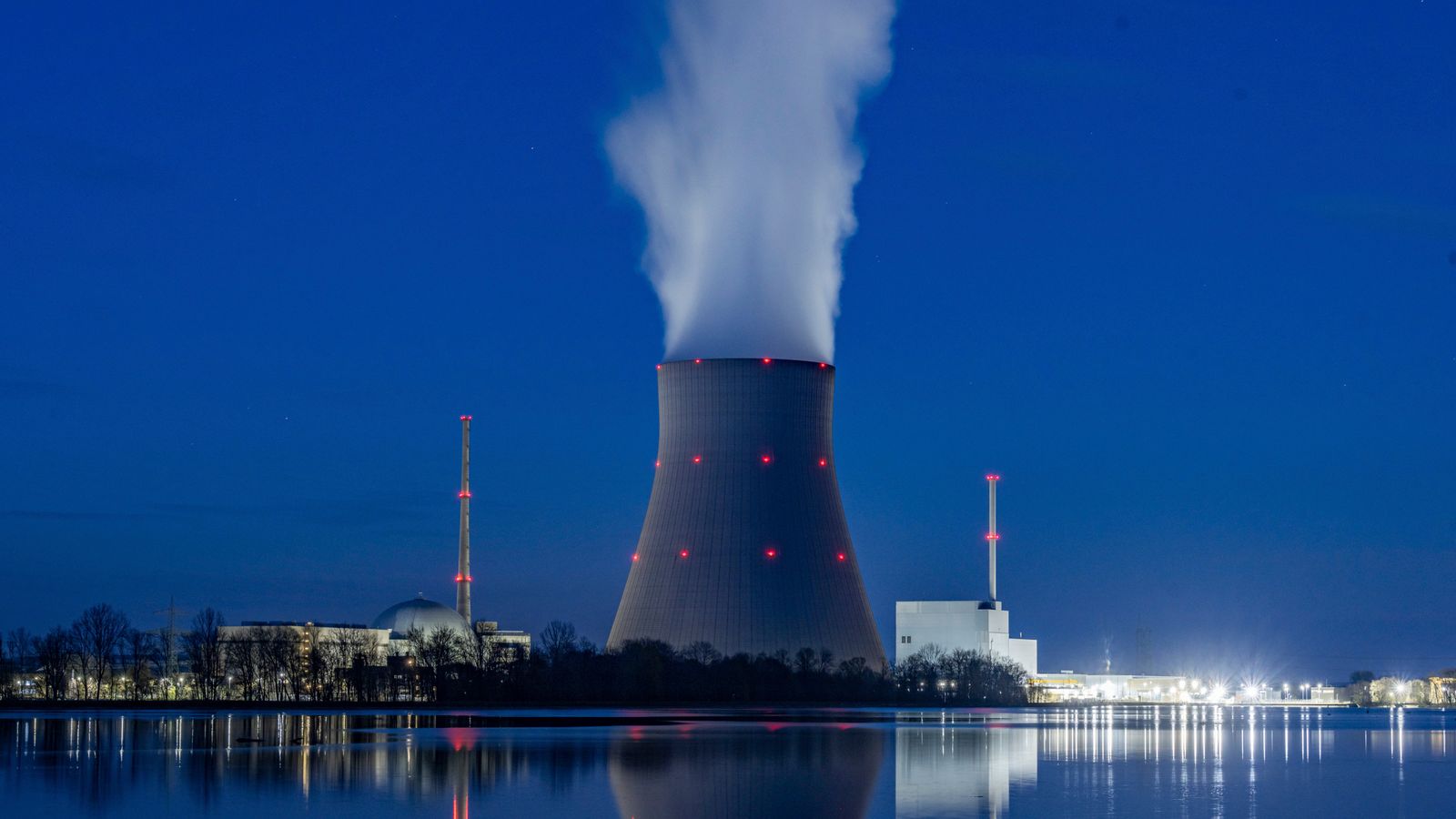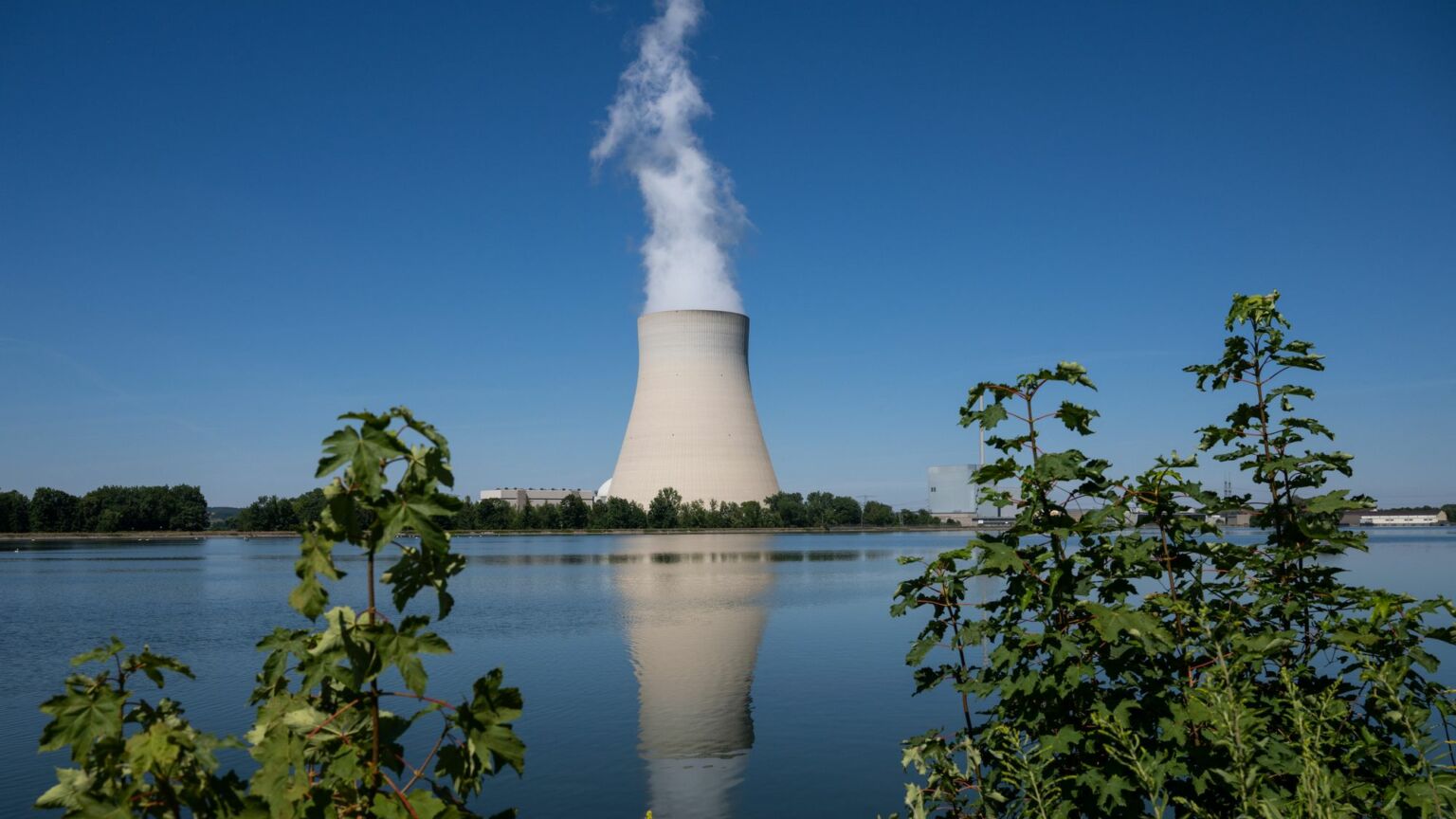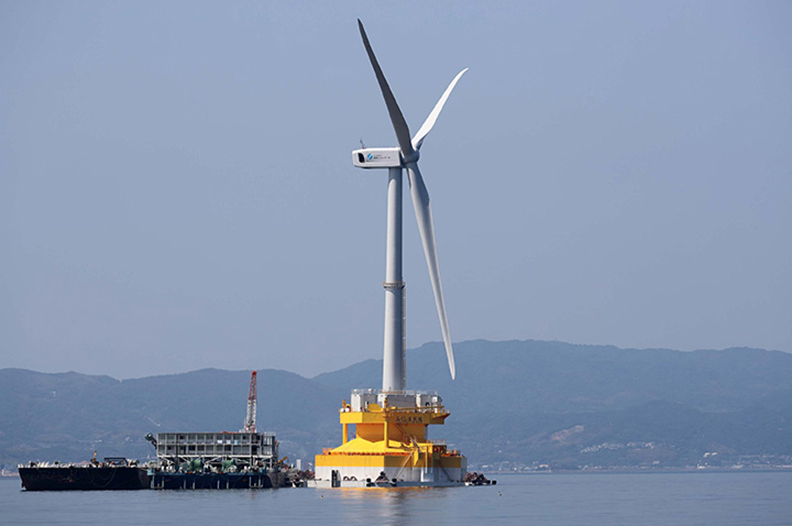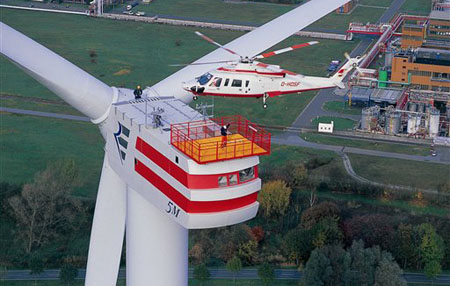Mindful
Diamond Member
- Banned
- #1
The country began phasing out nuclear power more than 20 years ago - but plans were escalated following Japan's Fukushima nuclear disaster in 2011.
Subsequent anti-nuclear demonstrations in Germany led then chancellor Angela Merkel to press ahead with plans to shut down all of Germany's remaining nuclear power by 2022.
Sixteen reactors have been closed since 2003.
However, Germany was forced to delay the closure of three remaining plants after Russia cut off European gas supplies amid its war in Ukraine, sparking fears of a winter fuel crisis.
An amended deadline of 15 April 2023 will see the facilities in Emsland, in the northern state of Lower Saxony, and the Isar 2 and Neckarwestheim reactors close this week.
It comes as many other countries - including the UK - are turning to nuclear power to provide greener energy, as it generates electricity without the climate-heating emissions of burning fossil fuels.

 news.sky.com
news.sky.com
Subsequent anti-nuclear demonstrations in Germany led then chancellor Angela Merkel to press ahead with plans to shut down all of Germany's remaining nuclear power by 2022.
Sixteen reactors have been closed since 2003.
However, Germany was forced to delay the closure of three remaining plants after Russia cut off European gas supplies amid its war in Ukraine, sparking fears of a winter fuel crisis.
An amended deadline of 15 April 2023 will see the facilities in Emsland, in the northern state of Lower Saxony, and the Isar 2 and Neckarwestheim reactors close this week.
It comes as many other countries - including the UK - are turning to nuclear power to provide greener energy, as it generates electricity without the climate-heating emissions of burning fossil fuels.

Germany closing its nuclear power plants for good this week
Germany was forced to delay the closure of the three remaining plants after Russia's invasion of Ukraine - but plans are now set to go ahead.






